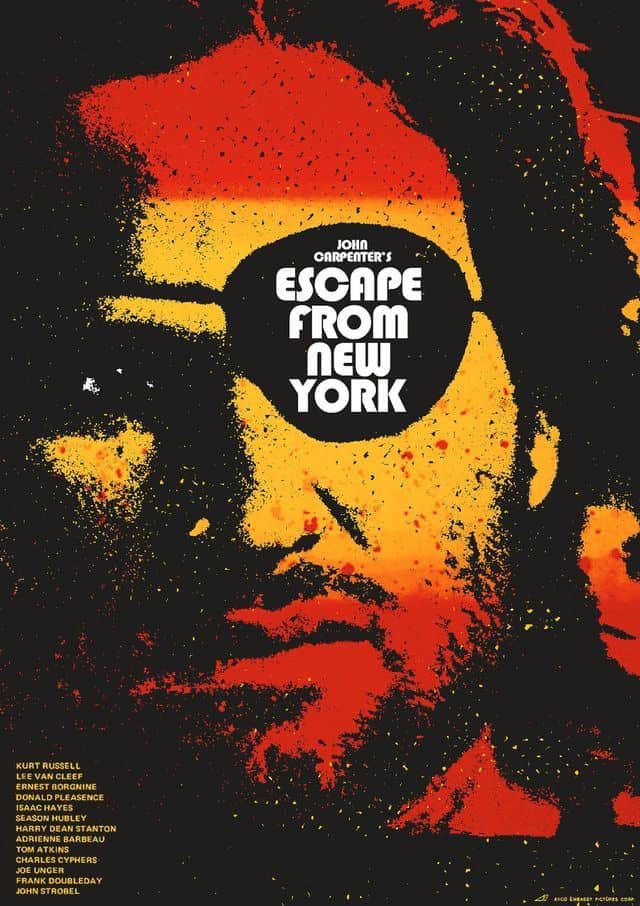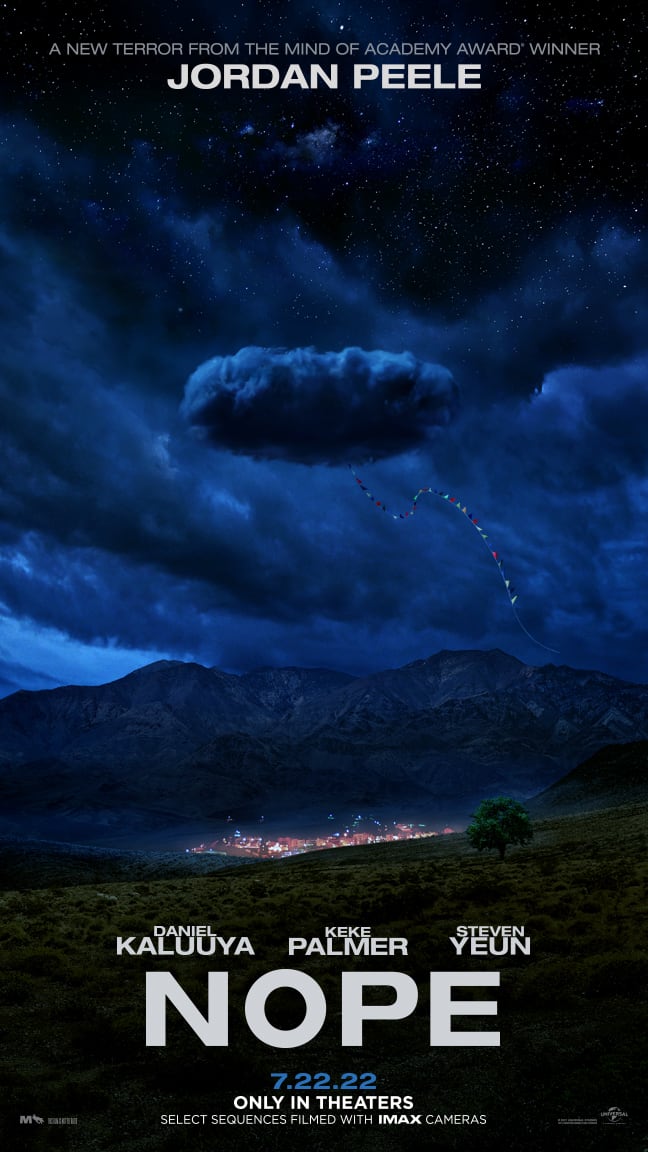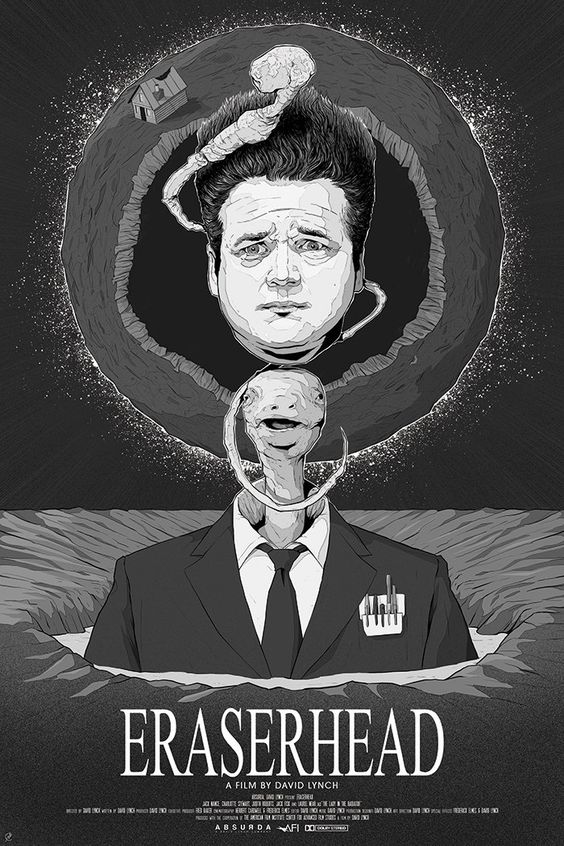
A warm air blows through Los Angeles county; through the orange groves, the valley, the city, and everywhere in between. It is inevitable, undeterrable. It is Jerry Goldsmith’s score for Chinatown, led by the trumpet playing of the legendary Hollywood musician Uan Rasey.
Like most film noir scores, Goldsmith uses jazz to conjure the feel of the film’s 1930s setting. Unlike many earlier noir films, however, it is a more restrained form. Rather than the jazz ensembles filling many a smoke-filled lounge, Goldsmith’s usage is stripped down. The bulk comes from the aptly named “Love Theme,” which appears throughout the score.
Uan Rasey’s trumpet playing is the heart of the theme, reminiscent of the crooning vocals used so often in jazz. And like these pieces, there is a mournful undercurrent throughout, a feeling of loss and longing. But there is also a warmth, a hopefulness; the comforting languor of love’s embrace. At once the melody carries seemingly contradictory feelings and does so through the film irrespective of the underlying scene. The theme’s omnipresence mirrors the endless struggle of the film’s protagonist – for every new clue, a new setback; for every success, a failure – and the inevitability of greed, corruption, and power. The theme and its tonal duality seem to offer the film’s characters a choice: accept the inevitable and be awash in warm happiness or fight against it and lose everything. Such is the choice when “it’s Chinatown.”



